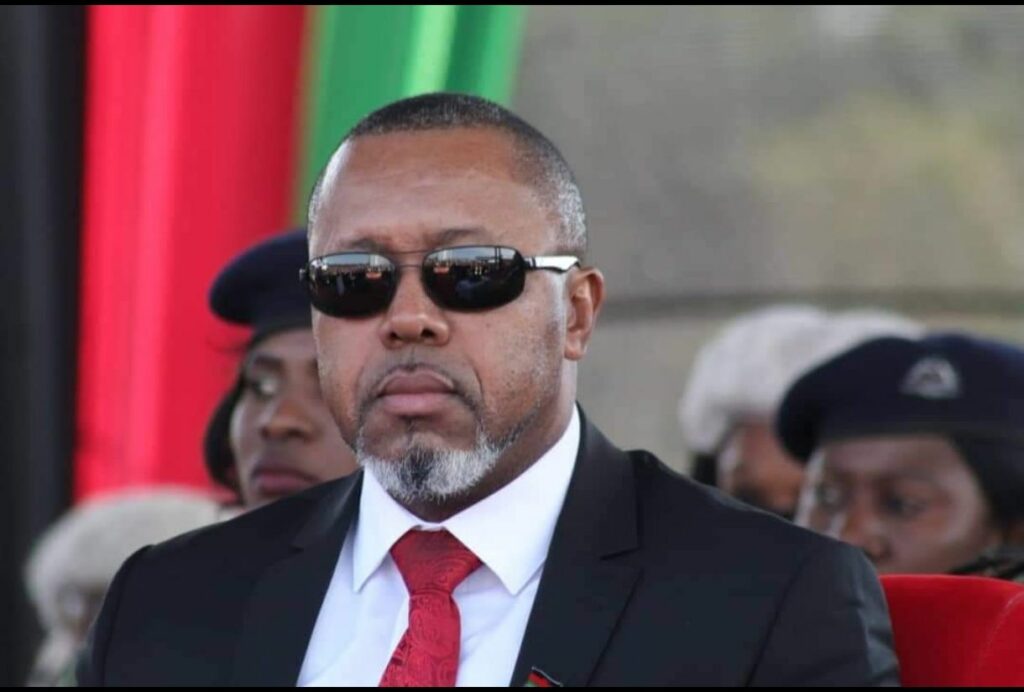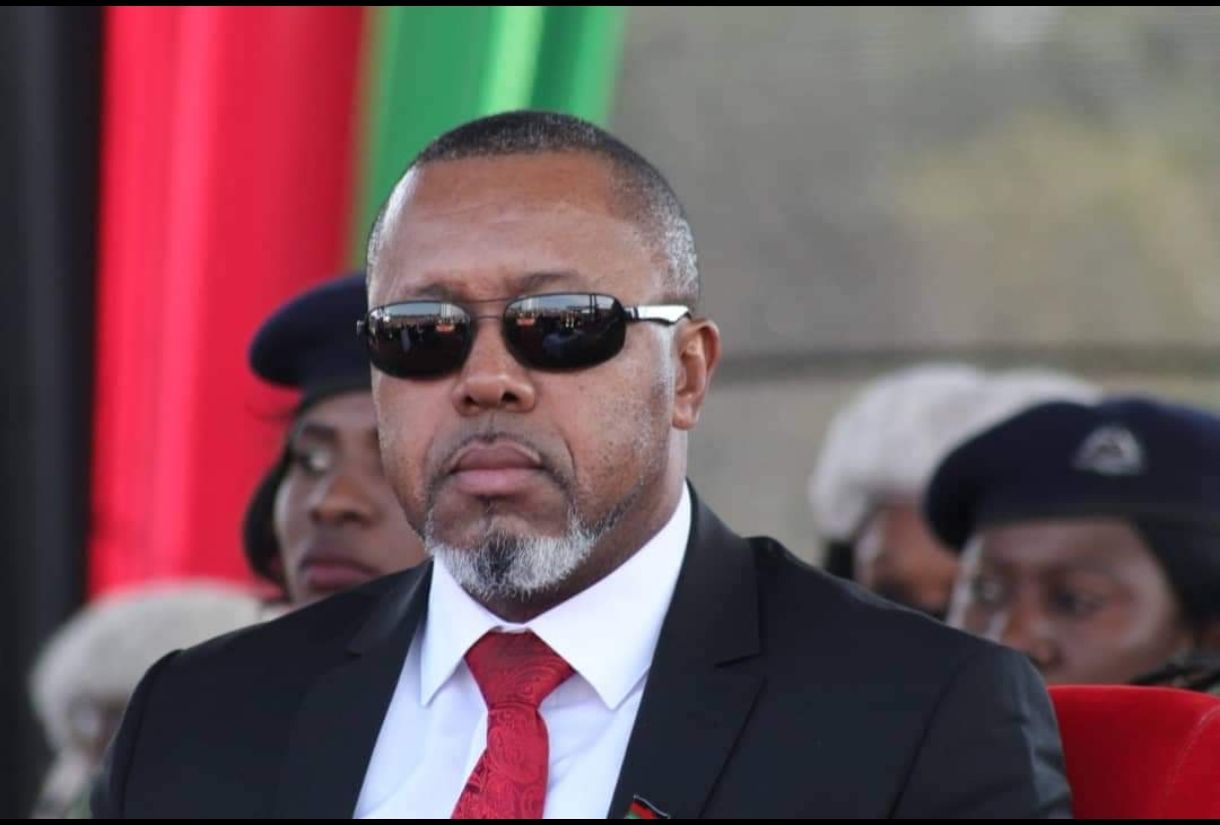By Burnett Munthali
In a recent development within Malawi’s political landscape, outspoken activist Bon Kalindo has publicly, through his audio which has gone viral on social media, called upon the United Transformation Movement (UTM) to address internal challenges and strengthen their organizational structure. Kalindo’s remarks come amidst ongoing discussions about the party’s cohesion and effectiveness in advancing its political agenda.
Kalindo, known for his advocacy on social justice issues and grassroots mobilization, emphasized the importance of unity and efficiency within political parties, particularly during critical junctures in national governance. His call for UTM to “put their house in order” reflects broader concerns about the party’s ability to navigate political dynamics and effectively represent the interests of its constituents.

UTM, a prominent political entity formed by Vice President Saulos Chilima ahead of the 2019 elections, has been a key player in Malawi’s political landscape. The party garnered significant support during its inception, promising a platform of reform, transparency, and inclusive governance.
However, like many political organizations, UTM has faced challenges in maintaining internal cohesion and managing divergent viewpoints among its members. These challenges have occasionally led to public scrutiny and internal tensions, prompting calls for introspection and strategic realignment.
Kalindo’s advocacy for UTM to address internal issues is not only a reflection of his commitment to accountable governance but also a reminder of the importance of robust party structures in advancing democratic principles and national development agendas. By fostering unity and operational efficiency, political parties can better serve as effective vehicles for policy formulation, legislative advocacy, and grassroots engagement.
As Malawi continues to navigate its democratic journey, the role of political parties in promoting transparency, inclusivity, and responsiveness to citizens’ needs remains pivotal. Kalindo’s call for UTM to “put their house in order” underscores the ongoing dialogue within the political sphere on enhancing organizational effectiveness and strategic positioning in advancing democratic governance.
In conclusion, while challenges persist, Kalindo’s advocacy serves as a catalyst for constructive dialogue and action within UTM and the broader political landscape of Malawi. The path to sustainable political progress lies in fostering unity, accountability, and purposeful leadership within political organizations, thereby ensuring they effectively represent and empower the aspirations of the Malawian people.



